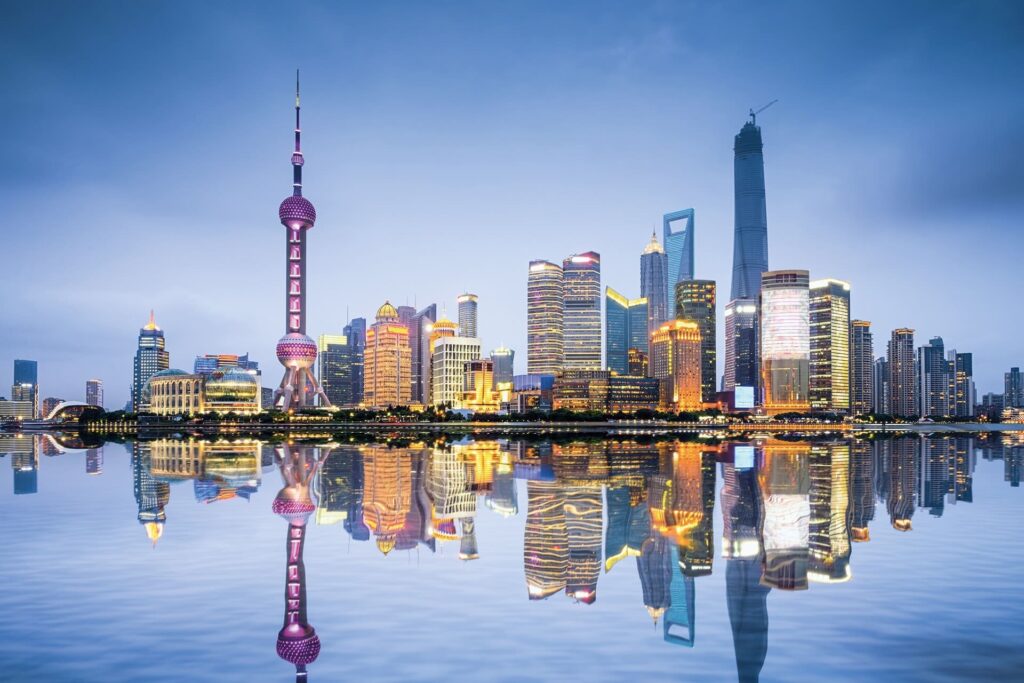Jacob Morgan asserted in one of his writing that as the world moves towards the future of work, where organizations are concentrating on the reasons why employees want to work versus the need to work. Thus, it is essential to understand the three components of employee experience because all three components need to work together to create a pleasant workplace, where employees would be eager to work.
Also, having a knowledge that, organizations need to take a deep look at the tools and procedures they have in place that uphold and enhance employees’ connectivity, will allow employees to feel connected to their colleagues and the entire organization at large. Thereby, eliminating any desire to switch jobs among the employees. Therefore, human resources experts must develop the habit of clear communications that are free from friction between employees allowing for empowerment, connectivity, and alignment. Appropriate technology must be in place to link and engage employees regardless of their locations. The three components of employee experience are:
Technological
This component provides a more interactive platform for all employees in an organization to contribute and share ideas among themselves with ease, as well as being able to find information that they need more without difficulties.
Physical
The physical components of employee experience have to do with redesigning an environment conducive to innovation, that can positively impact an employee experience while attracting and retaining top talents. Thus, the organization should consider introducing relaxing backyards within the workplace and space must be in line with the needs of the employees. For example, make separate provision for loud and quiet space within the workplace in order to satisfy the needs of every employee in the organization. This is vital because, all employees may not have the pleasure of working in a loud noisy office, hence, the need to have a quiet area as well.
Culture
The culture of the work is the third and last component of employee experience. Here, organizations have to carefully consider building and sustaining an effective work culture. Why? Because it is an essential key to unlocking the organizational growth.
What Is Culture?
The culture of an organization refers to the values, beliefs, attitudes, and behaviors common to all employees in the entire organization. Some organizations tie their culture to the individual experience of their employees. Fundamentally, the culture is upheld by the commitment of the employee.
In a nutshell, when all of these three components are in place and working collectively with one another, the organization will witness a pleasant impact on the employee experience thereby leading to increase in productivity and improved performance. How possible? This strategy improves and promotes enthusiasm, involvement, and retention of top talents. Because, when employees are treated properly in the workplace, they will in turn care for your business.





